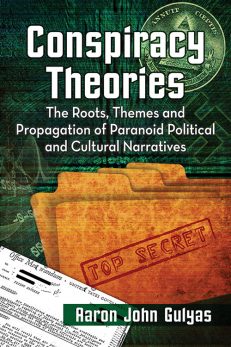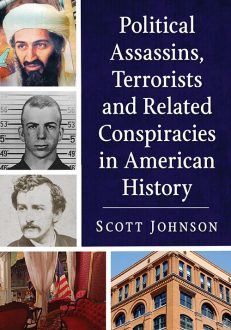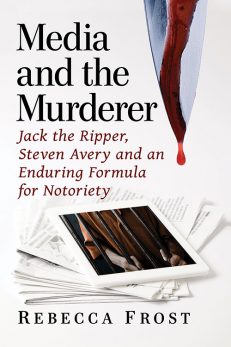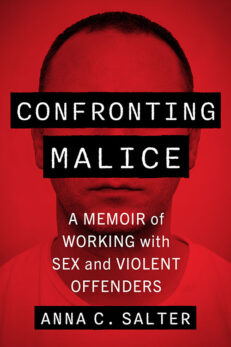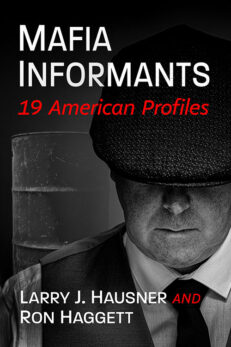COVID-19 Conspiracy Theories
QAnon, 5G, the New World Order and Other Viral Ideas$29.95
6 in stock
About the Book
As the novel coronavirus (Covid-19) spread around the world, so did theories, stories, and conspiracy beliefs about it. These theories infected communities from the halls of Congress to Facebook groups, spreading quickly in newspapers, on various social media and between friends. They spurred debate about the origins, treatment options and responses to the virus, creating distrust towards public health workers and suspicion of vaccines.
This book examines the most popular Covid-19 theories, connecting current conspiracy beliefs to long-standing fears and urban legends. By examining the vehicles and mechanisms of Covid-19 conspiracy, readers can better understand how theories spread and how to respond to misinformation.
About the Author(s)
Praise for the Book
“Just finished reading this standout book. While I was baking too much bread and pondering whether I needed to quarantine my mail, Bodner et al. were hanging out in some dark Internet places and doing some great analysis of CTs. Kudos to them! I hope their press submits the book to all the prize committees. This is serious award material.”—Jeannie Thomas, Utah State University
Bibliographic Details
John Bodner, Wendy Welch, Ian Brodie, Anna Muldoon, Donald Leech and Ashley Marshall
Foreword by Anna Merlan
Format: softcover (6 x 9)
Pages: 263
Bibliographic Info: 30 photos, notes, bibliography, index
Copyright Date: 2021
pISBN: 978-1-4766-8467-3
eISBN: 978-1-4766-4321-2
Imprint: McFarland
Table of Contents
Foreword by Anna Merlan 1
Introduction 5
One. Conspiracy Theory 101: A Primer 9
Two. The “Wuhan Virus”: A Cautionary Tale of Origin Conspiracy Theories 29
Three. Recycling White Power Rumors After the Black Death 59
Four. “But My Cousin Said”: Covid-19 and Black Communities 73
Five. Harmful Additives: Pre–and Pandemic Anti-Vaccination Thinking 95
Six. Apocalypse Now, or Later? End Times and the New World Order 117
Seven. QAnon, Pizzagate and the Pandemic 143
Eight. Waves of the Future or Waves of Oppression? 5G Fears 164
Nine. Drawing Lines in Shifting Sand: The Covid-19 Cartoons of Ben Garrison 180
Ten. When All Is Said—or Done: Examining Ourselves, Talking to Others 204
Acknowledgments 218
Author Biographies 219
Chapter Notes 221
References Cited 229
Index 253



